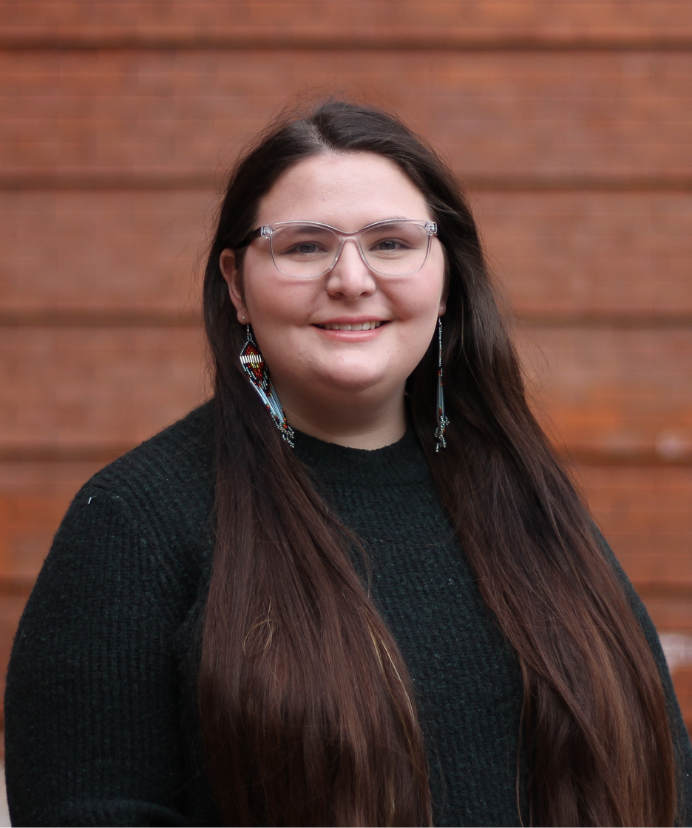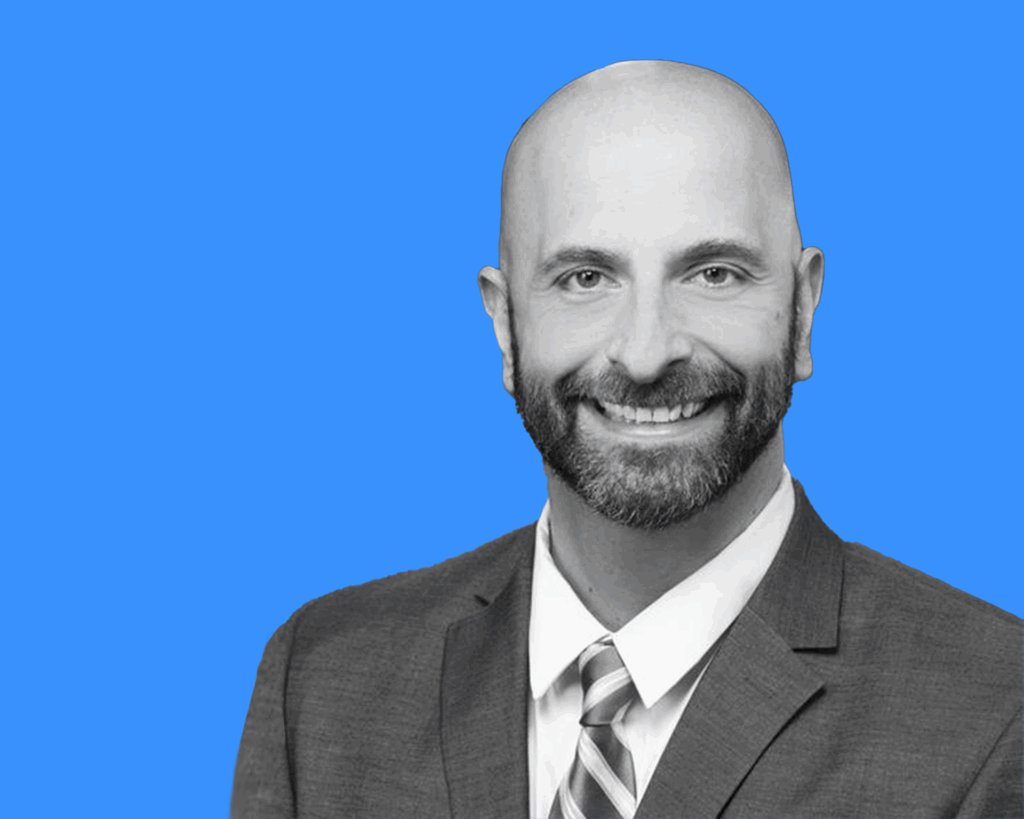Heidi Kummer
Heidi Kummer is the founder of the independent practice 3C Patient Advocacy and has served as president of the Patient Advocate Certification Board since 2021.

Read Time: 5 minutes
Published:
After a successful career as an anesthesiologist and intensive care physician, Dr. Heidi Kummer joined the first cohort to become board certified in patient advocacy. She has since started her independent patient advocacy practice, 3C Patient Advocacy, and has served as president of the Patient Advocate Certification Board since 2021. She graduated from Boston University School of Public Health with her MPH in 2004.
Public Health Post: What is a patient advocate and what does this position entail?
Heidi Kummer: Patient advocates come from a range of careers: social workers, nurses, physicians, hospital administrators, even marketing and IT professionals – pretty much anybody who does outreach and supports patients could be considered an advocate. There is a lot of discussion within the patient advocacy community about whether “patient” is the proper term and that “health care advocate” may be more appropriate because we do not give medical advice.
Simply put, a professional health care advocate is someone a patient or their family can contact for support throughout their medical journey. We provide context and understanding of the medical issue at hand. It might be at a time of transition of care, a client might need help trying to figure out the most appropriate rehab facility. Or perhaps a client might need a specialist referral.or help understanding their diagnosis and possible treatment options. Once an advocate establishes what a client needs, they do whatever requisite research might be necessary and present the client with the information they need to make a decision about their care. If what our client needs is not part of our scope of practice, we refer or subcontract with someone who does specialize in that area. For instance, we can connect our clients with insurance or billing advocates if that is what is needed. Ultimately, my job is to listen to what my clients want, what is important to them, and then help them get the care they need.
Many independent health care advocates go into this line of work because of personal experiences. What experiences influenced you to search out this career?
I’m not sure I could say I searched out the career. I think it found me. There are a litany of experiences I could share that got me here, for example, my mother was misdiagnosed with uterine cancer and had a unnecessary hysterectomy when she was 40. I also helped care for my stepfather when he was diagnosed with prostate cancer. He had a doctor who refused to weigh in on the range of possible treatments. But perhaps my most personal was when I was abandoned as a patient.
I had a known complication from a procedure, and I would have died if my husband hadn’t been there. I do not blame my doctor for the complication. Still, after I was taken to another hospital emergently for treatment, my doctor was informed about what had happened but never contacted me or got in touch. When I was finally well enough, I wrote to him. I explained I did not fault him for what had happened, but I did fault him for his lack of follow-up with me. To his credit, as soon as he got the letter, he called me.
Why do you think patient advocacy is so important and something that needs to be continued and expanded?
The pandemic has brought greater attention to the need for health care advocacy. Throughout the pandemic, hospitalized patients couldn’t have anybody with them for support. Studies show that many patients have very little understanding of what to do after they are discharged. They can’t remember their diagnosis or their follow-up medication. When you’re a patient, you are going to get a lot of information thrown at you in a short time, so having somebody working with you who understands what’s going on, listens to you, and can help you put the pieces together can be lifesaving.
As a patient advocate, do you experience doctors still not listening to your patient’s wishes even though you’re in the room?
If physicians have not previously worked with advocates, there can be hesitation and a feeling of suspicion about why you are there. That’s one reason I wanted to get certified. Having the requisite professional certification has helped with getting respect and cooperation from other medical professionals. Once physicians figure out that you can be an incredible resource to them as well as their patient, they will start asking you for help to ensure their patient–our client–understands the situation and available options. Some providers even believe that working with an advocate decreases the burden on them and their staff.
How has the medical field changed since you first started?
Patients in the hospital often see many different care team members, and their nursing contact changes basically every shift. Staffing shortages have escalated since the pandemic. The pandemic certainly gave us a lot of very, very painful lessons as health professionals. I’m hoping the one that sticks is that we all need to work together. We need to collaborate across all disciplines, including medicine and public health. What patients really are looking for and really need is human connection. And that is simply not happening with the way health care is performed these days. Patient and health care advocates can help bridge these gaps that so often exist under the time and pressure constraints of our current health care system.
Kummer spoke more about her work at the Annual Cathy Shine Lecture hosted by Boston University School of Public Health. The lectureship honors the memory of Cathy Shine and her dedication to the rights of all those in need of care. View the recording here.
Photo provided.



